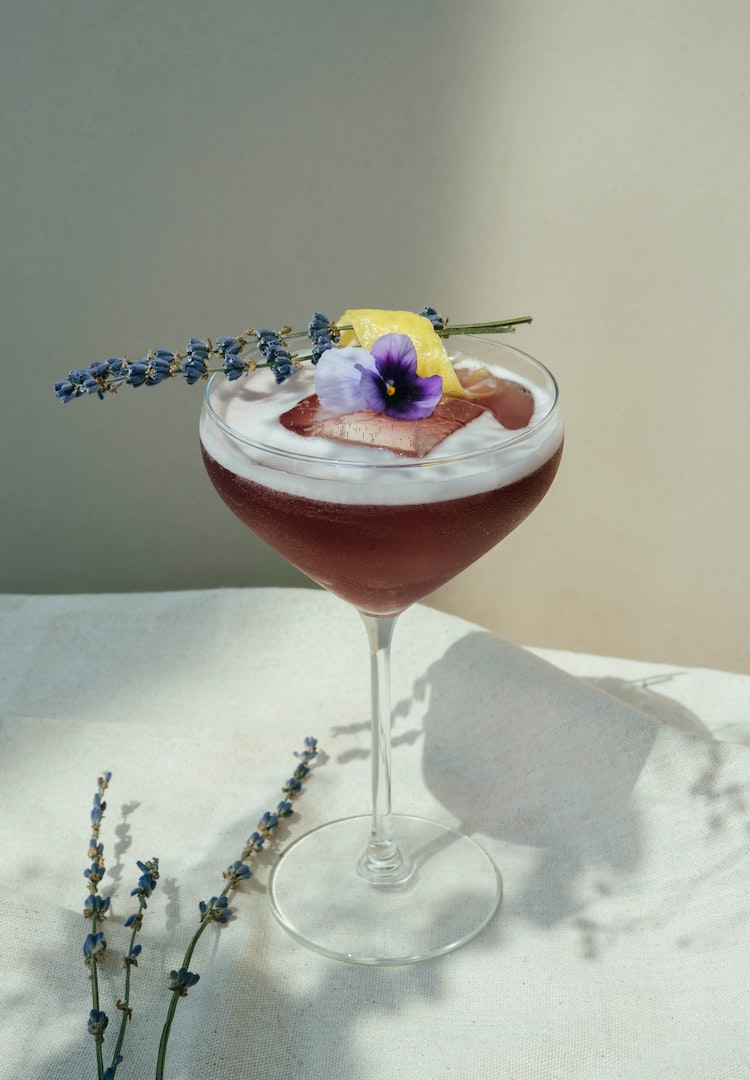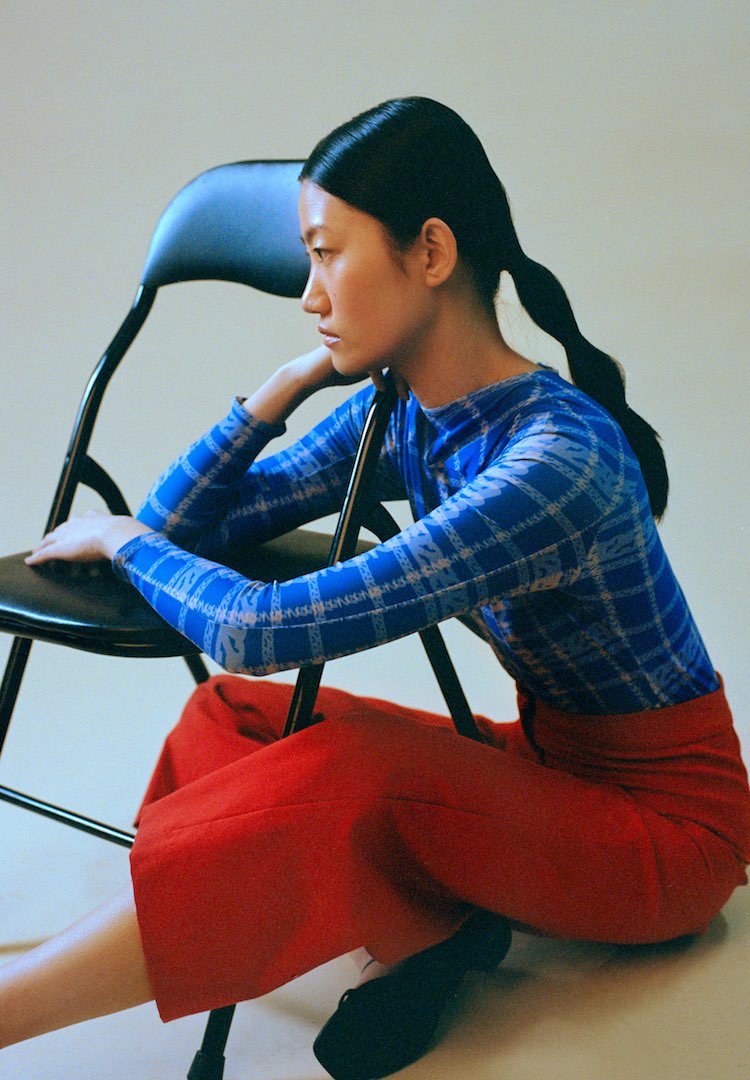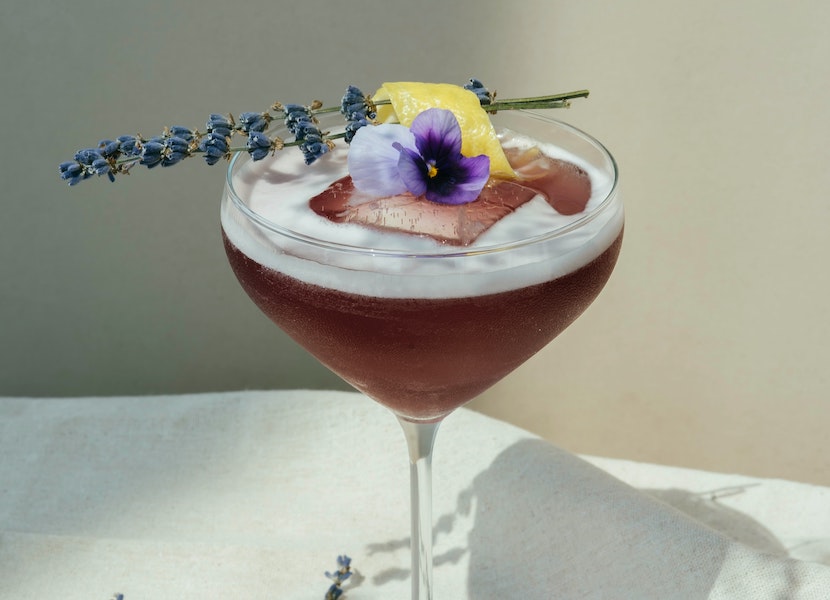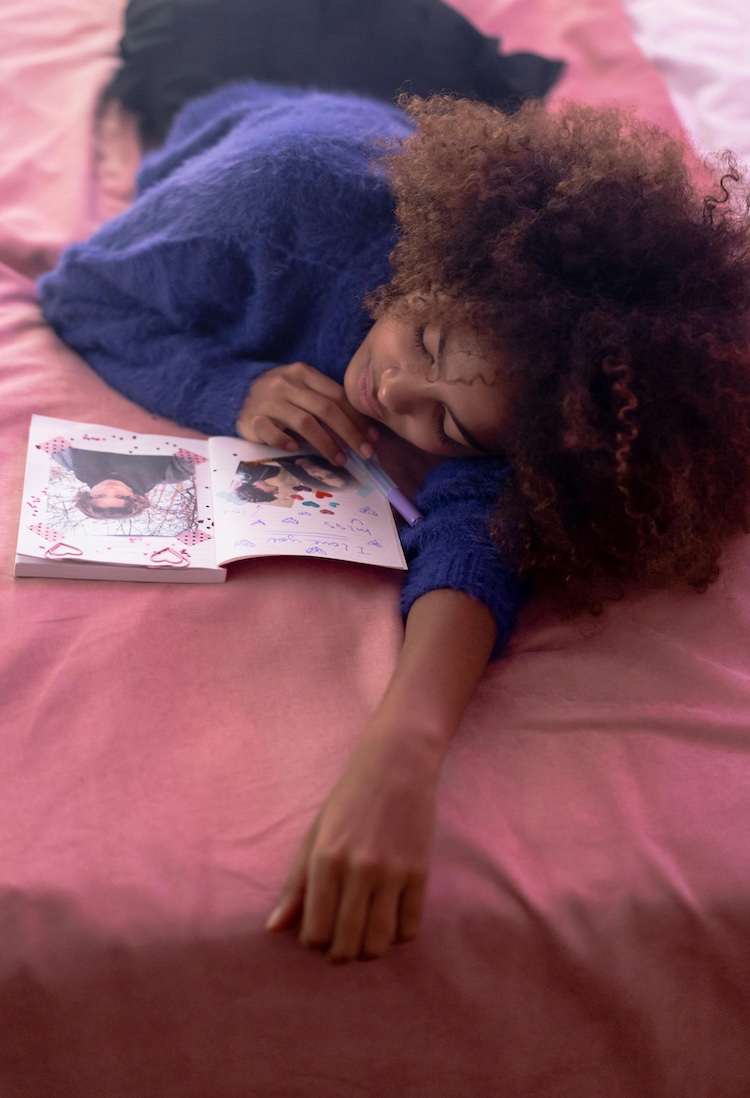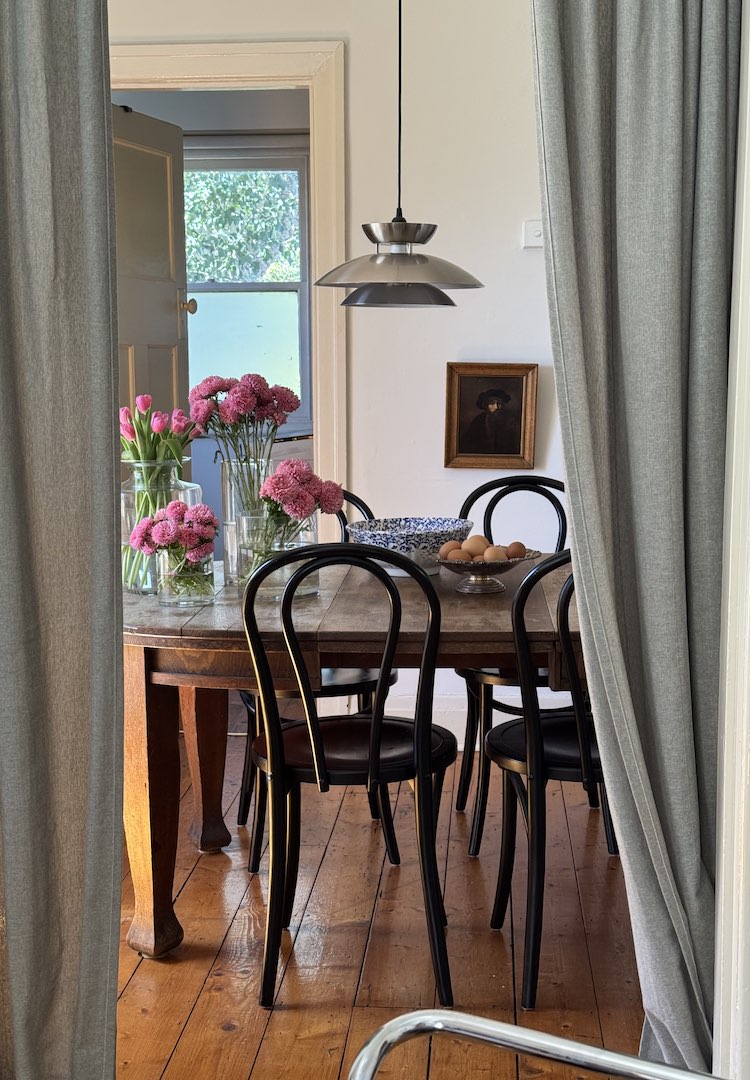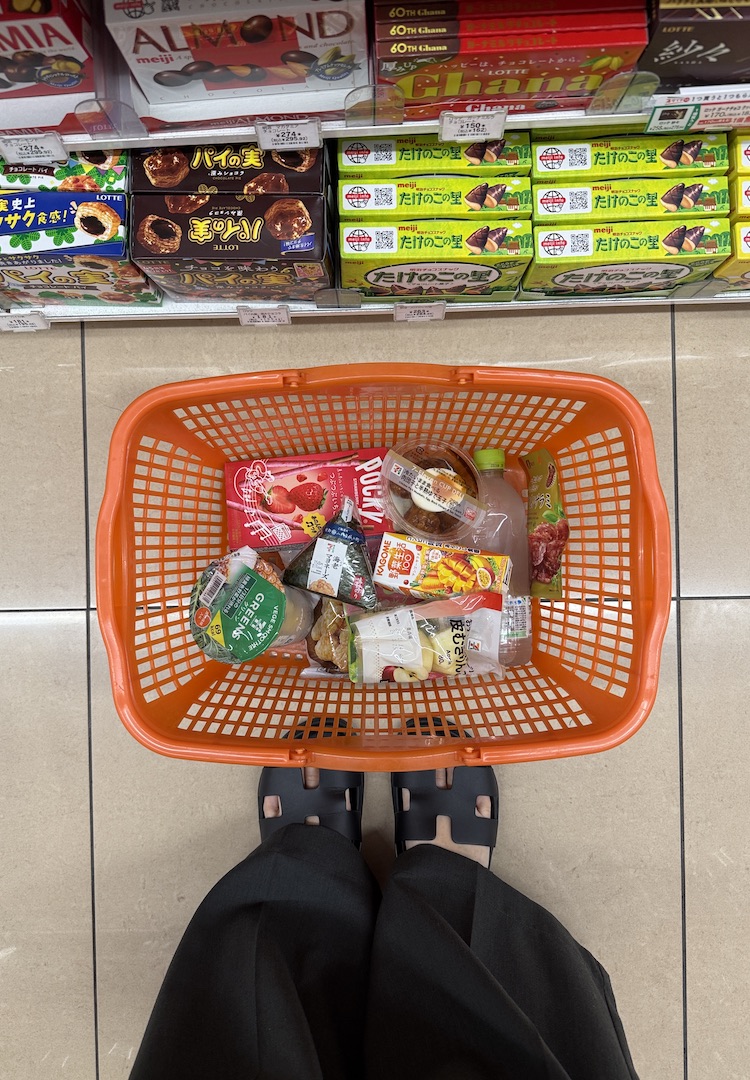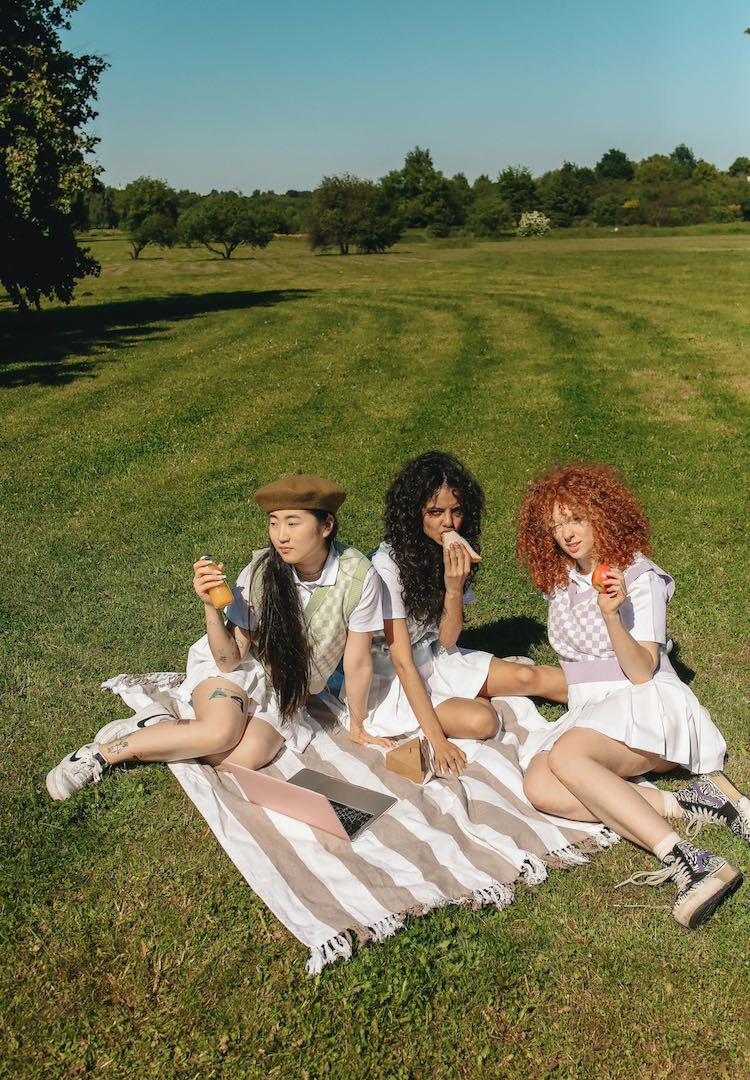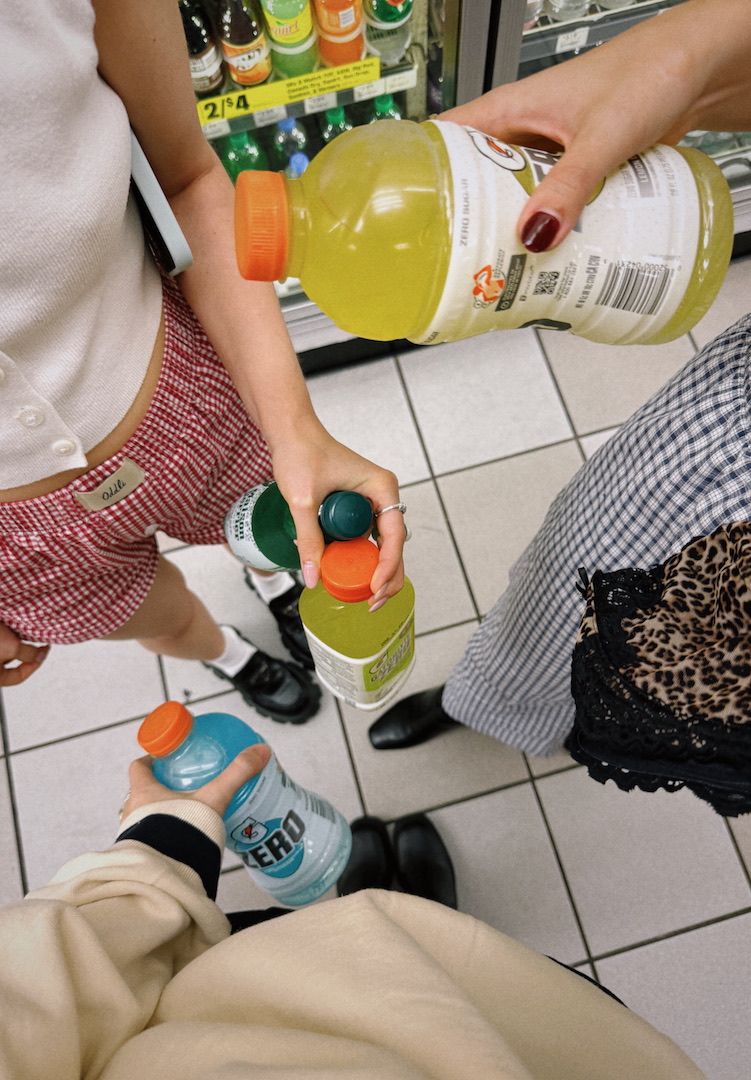Why are so many people in their twenties choosing sobriety? I decided to find out
WORDS BY CAIT EMMA BURKE
It’s time we reassessed our relationship with alcohol.
I was 13 when I tried my first alcoholic beverage. It was a Smirnoff Double Black, the universal drop of choice for teenage girls making their first foray into the world of alcohol. I furtively necked two with my friend in her bedroom while in the lounge, her mum, a glamorous actress, was hosting a wrap party for a play she’d been in.
Eager to join the adults and emboldened by our first experience of liquid courage, we escaped her bedroom and mingled and schmoozed like there was no tomorrow.
For more content like this, tap through to our Life section.
By my own blurry-eyed assessment, I was being undeniably charming – it felt like every ounce of charisma I possessed had joined forces. I, a mere 13-year-old with a terrible side fringe, was holding my own in a room full of fascinating, creative adults. My friend and I were in fervent agreement; we were social superstars, and Smirnoff Double Black was our newly acquired agent.
The next thing I knew, my face was resting on a toilet seat. My friend held back my hair while I puked – a ritual that many females know all too well – insisting I spew a little less intensely so her mum didn’t find out. And then came my second, and much less exciting, first: my first hangover.
Despite the hangovers, alcohol became a firm fixture in my life. Throughout my teenage years and twenties, more weekends than not, my friends and I would drink with the sole purpose of getting drunk. This type of drinking – being fairly low key throughout the week but bingeing on the weekends – is so normalised in Australia and New Zealand that I’ve never considered myself a “problem drinker”.
To me, alcohol has always felt like a personality enhancer. I still feel like me, but me with the shiniest, most appealing parts of my personality brought to the forefront.
I’m not a stumbly, messy drunk – if I had to classify myself I would sit in the resolutely “fun drunk” camp – and the next day I can always remember what I did the night before. But entering the latter half of my twenties, alcohol has lost some of its glimmer.
If it were a swanky LA agent finding me the most dazzling opportunities when I was younger, it’s now become more of a seedy sidekick, encouraging me to stay in bed all day nursing a debilitating hangover and plying me with drinks during the week to help me deal with work- and life-related stress.
Getting curious about sobriety
Still, the idea of cutting down my drinking, let alone giving it up entirely, is terrifying.
I know I’m not alone in feeling like this. Alcohol is so enmeshed with our way of life that cutting it out seems like a very tall order, and a surefire way to mess up our social lives. But I’ve been drinking less lately (the one thing I can thank a global pandemic for), and I’m increasingly curious about sobriety, and the people who aren’t addicts but still choose to be sober.
Luckily, books, articles and podcasts abound about a movement called ‘sober curious’, a term first coined by Sober Curious author Ruby Warrington. The sober curious movement encourages people to question their relationship with alcohol, beginning by asking themselves why it is they choose to pick up a drink. And it’s a movement that’s been gaining a lot of traction over the last few years, particularly among millennials in their twenties and early thirties.
Dr Steven Roberts, an Associate Professor of Sociology at Monash University who has conducted extensive research into Australian drinking habits, says the research is clear when it comes to young people and their drinking habits.
“There’s now no question that today’s young people are drinking less than their counterparts from previous generations. In Australia, around 80 per cent of those ages 12 to 17 don’t drink at all. An interesting question is whether that will be sustained into adulthood, and we can’t know for sure. Yet, what we do know is that young adults are also drinking less. In fact, the average Australian person is today consuming less than half that of their fellow Australian in 1975,” he says.
Alcohol-free beer brands and cocktail mixes are increasingly commonplace, and in cities like London and New York, alcohol-free bars have become firm fixtures of the nightlife scene. Earlier this month, the world’s leading mindful drinking festival, Club Soda Mindful Drinking Festival, went virtual and was made free for all Australians to attend.
The festival’s Australian program director, Sarah Connelly, believes that it’s only a matter of time before sobriety by choice becomes more widespread. “So many people are becoming more aware of the negative impacts of alcohol and are questioning its role in their lives,” she says. “More importantly, the conversation is now less stigmatised.
“Through festivals such as this one, and notable people speaking up about their own struggles, it, in turn, gives people permission and courage to be honest, not to feel shame, and to address the issue knowing they are not alone. Whether they want to cut back or quit for good, help is more widely available and, in time, we may even see drinking to get drunk akin to smoking in a restaurant,” she tells me.
Still, I can count on one hand the people I know who don’t drink very much or are sober. The impact sobriety might have on your friendships is undeniably something that stops more young people exploring how they really feel about drinking.
Initiatives like Dry July provide regular drinkers or the sober curious among us with one of the only socially-sanctioned breaks from alcohol – as you’re raising money for charity, and you usually have every intention of rejoining the drinking world the moment you clock over into the new month.
Becky, 30, recently completed a month of no drinking for Dry July, and found that it made her question her ingrained attitudes towards alcohol.
“There’s a mental dependence where drinking is a default; I’m sure almost everyone my age can relate. It’s weird not to be drinking, which is what I’d like to change… I think we’re conditioned to drink to excess when we’re younger and you kind of need to unlearn that. It’s made me re-evaluate drinking as a ‘given’ in social situations,” she tells me.
Embracing sobriety in your twenties
For Darien, a 28-year-old tattoo shop manager, her time spent working in hospitality meant that alcohol was an unquestioned part of her daily life. “I was absolutely overloaded with labour and underpaid, very much a cog in a system in need of a huge overhaul. So I would start work at 11am and be drunk by 3pm.
I’d drink teapot negronis all shift, washed down with a nice bottle of wine or a jug of beer when I clocked off,” she says. Like many people I spoke to while writing this article, Darien’s decision to embrace sobriety was directly related to her mental health.
“I was having drinks in the park with friends and somewhere during the second beverage, it felt like an alarm system went off in my brain; I just didn’t feel safe. I didn’t want to feel intoxicated, I wanted the safety of sobriety and to keep hold of my mental tools. I left the park and walked around until I was sober.
It took a few of these events before I picked a date and promised myself a year of sobriety, at the end of which I would take stock. It’s been about eight months and I have no plans of going back.”
Prior to going sober, Brodie, a 25-year-old public health researcher, was a “complete binge drinker” who would struggle to limit herself to only one or two drinks. She chose sobriety for a variety of reasons.
“I have family members that are or were full-blown alcoholics, and had a fear of ending up like them. My drinking was getting more regular and I kept embarrassing myself while drunk. Nothing too bad, but I don’t deal well with any embarrassment. My mental health while sober was not great, but it was worse when I was drunk, and hungover.”
Aside from avoiding embarrassment and bad hangovers, she’s found that her depression has improved significantly since being sober, and while she still has difficult periods, “…my coping mechanisms now are a lot healthier and I am better equipped to ride out the low times,” she says.
But there are also plenty of young people who don’t fall into the “problem drinker category” that are opting for sobriety. Kitch, a 24-year-old social content manager, describes her approach to drinking prior to going sober as “pretty normal”.
“I’d drink fairly often with friends, at gigs and concerts. Like most people, there were times I drank far too much but I never used it as a crutch or had an unhealthy usage,” she tells me. She decided to quit drinking at age 20, after experiencing some awkward encounters she attributed to her drinking and realising that she didn’t actually enjoy the feeling of being drunk.
Like almost everyone I spoke to who has opted for sobriety in their twenties, other people’s reactions to their decisions not to drink have been far more frustrating than quitting drinking itself.
“People think you have a stick up your arse or that you’re pregnant (being someone who identifies as female) or that I’ve been an alcoholic… I find it so weird that people need to find some deep reason why you don’t drink, yet nothing else in society requires the same level of interrogation, apart from, perhaps, celibacy,” she says.
Brodie, too, has found the hardest part about being sober in her twenties is other people’s reactions to her choice.
“For me, one of the most frustrating things is when people, who know I am sober, offer me alcohol. I am not suddenly going to give up three and a half years of sobriety just because you want me to have a glass of wine with you, sorry. It feels like my choices aren’t being respected which obviously doesn’t feel great… There’s nothing wrong with being sober in your twenties and I’d love to see it normalised a bit more.”
Darien has experienced similar situations upon telling people that she doesn’t drink. “I have observed some interesting perceptions from non-sober people: that I wouldn’t want to be at a party if I wasn’t drunk, that I must be really suffering to want to take up sobriety, that it must be temporary and I’m counting down to some glorious day of freedom. But I feel free pretty much every day! People are very good at projecting their insecurity, especially drunk people.”
Alcohol is a serious drug, and we need to talk about this more
Unfortunately for us Aperol spritz-guzzlers, alcohol is a very serious drug that can have devastating effects not only on people’s lives (due to violence, abuse, mental illness, broken relationships and thwarted job opportunities) but on the human body.
Hidden behind the ‘wine o clock’ drinking culture embedded in our places of work and our insistence that we need a drink after a particularly difficult day is a sobering reality: alcohol causes nearly 6,000 deaths in Australia each year, and a third are from cancer.
“The evidence is clear. Alcohol causes several types of cancer. This is not speculation. There is wide scientific consensus on this matter. And while we know that increased consumption leads to higher risk, there is no genuinely, wholly 100 per cent ‘safe’ level that ensures you can’t get alcohol-related cancers, unless, of course, you don’t consume alcohol,” says Dr Roberts.
With this in mind, taking a long hard look at the way we drink and more significantly why we drink seems like a very wise idea. But the issue is that a lot of us don’t even know why we drink. “In my own research, a common refrain when asked ‘Why do you drink?’ is simply ‘I don’t know’ or ‘I just do’.
So despite the pleasure angle, it’s also often done unthinkingly and without critical reflection. This is what I mean by it being deeply embedded into the national culture,” says Dr Roberts.
I want to drink less but I still want to socialise. What might make this easier?
If you’re wary about how giving up or cutting down on alcohol may impact your friendships and the way you socialise, you’re not alone. But something to keep in mind is that a true friend – that is, a friend who values you for more than your ability to sink espresso martinis with them until the early hours of the morning – will understand your decision.
“If your friends are good eggs, they won’t care that you’re not drinking. I’d be really wary of anyone who doesn’t support your choices,” says Brodie.
Darien suggests focusing less on what others think and more on how cutting back makes you feel. “I think a lot of judgement we think we feel from other people is actually more about our self-perception. If you can see the value in what you’re doing for yourself, then someone else’s take on it is irrelevant.”
In terms of navigating parties and social events, everyone I spoke to highlighted the importance of finding alternative beverages that you like. Brodie suggests taking your own drinks to dinner parties and house parties.
“There are heaps of delicious non-alcoholic drinks you can make, especially if you are into cooking and wanna make your own syrups and experiment with flavours. Even just experimenting with fruits/herbs/soda water can be fun,” she says.
Kitch usually opts for a lemon in sparkling water at parties, because people assume its a gin and tonic and don’t question why she isn’t drinking. She suggests thinking about when it is that you actually enjoy alcohol the most (e.g. a fancy wine with a nice dinner) and try to limit your drinking to only those times.
“I know a lot of people really enjoy wine or craft beers, whereas some people just drink anything to get drunk. I think it’s important to note the distinction between enjoying a drink and depending on a drink,” she says.
Reassessing your drinking habits is difficult; you’ll start to see how deeply entangled alcohol is within our culture, and how wrapped up people’s lives and identities are in this substance. But being mindful about how and why you’re choosing to drink is a great place to start.
And, from personal experience, no one will notice if you’re drinking a glass of delicious grape juice at a party instead of a glass of wine – except for the next day when you’re looking suspiciously fresh compared to everyone else.
This article was originally published on August 7, 2021.
*This article and the resources we’ve linked are not and do not replace medical advice. If you think you may be dependent on alcohol, please seek professional advice. It may be dangerous to quit suddenly without medical care.


